Biography
Formation and Musical Heritage
Born in Paris in 1964, Jean-Nicolas Diatkine began piano at the age of six with Wilfredo Voguet. He later studied with several disciples of Claudio Arrau (Carlindo Valériani, Joseph Villa, Kenneth Broadaway) before meeting Ruth Nye in London, who transmitted to him Arrau’s art of tonal colors. For thirteen years, composer Narcis Bonet guided him in the meticulous analysis of musical architecture, shaping his interpretative depth and sense of structure.
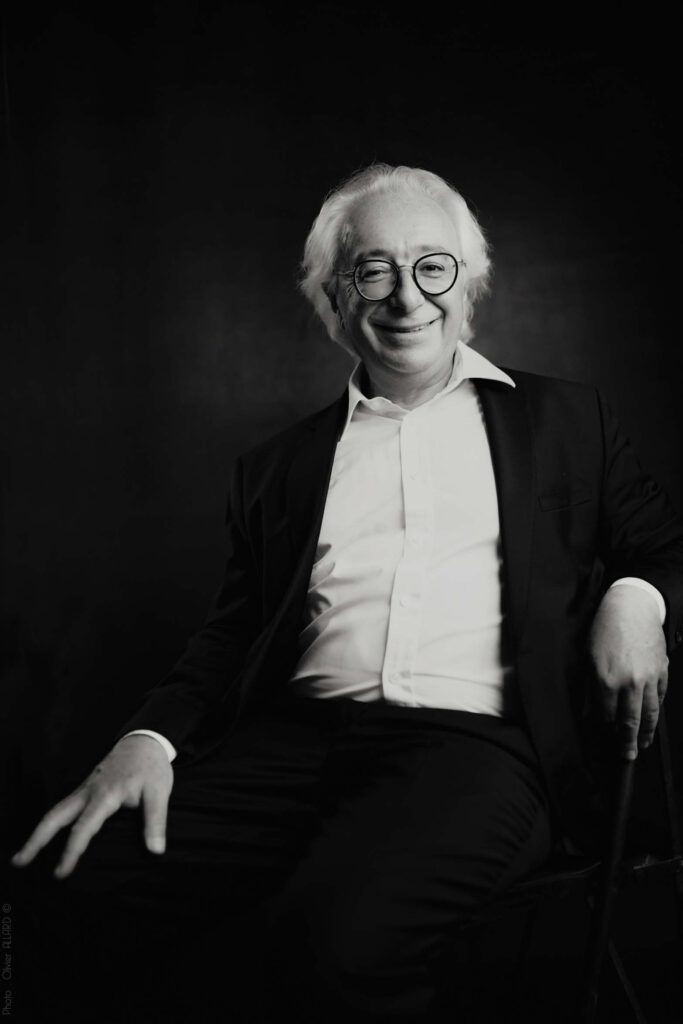
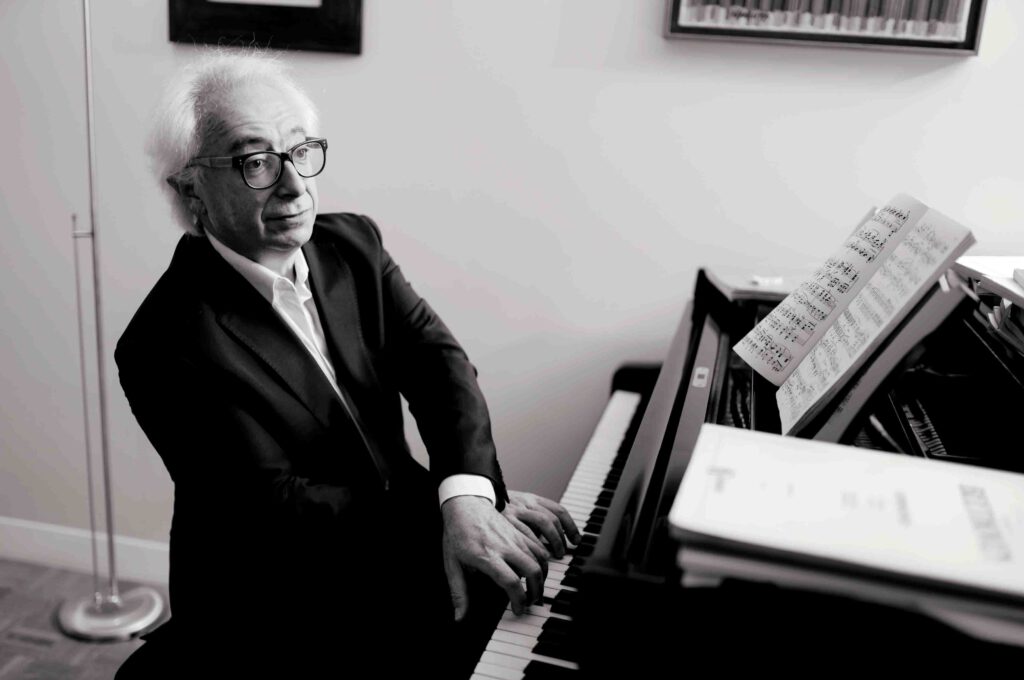
A Distinctive Approach
Chopin advised his pupils to listen to singers, and Diatkine took this literally. For over ten years he worked as accompanist and vocal coach at Yva Barthélémy’s school of singing in Paris. This immersion in the German Lied (Schubert, Schumann, Brahms) deeply influenced his playing, bringing a natural breathing and vocal phrasing that remain central to his pianistic identity.
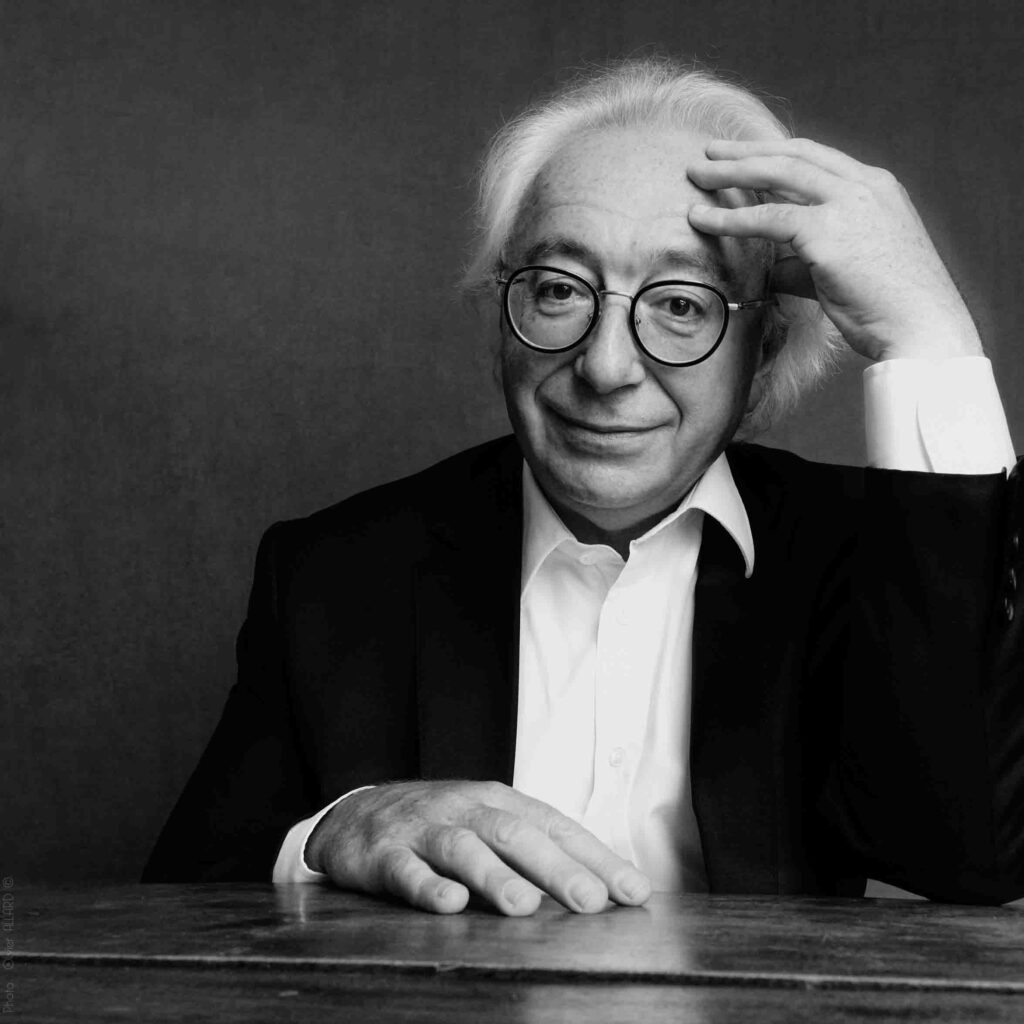
Solo Career
Discovered by mezzo-soprano Alicia Nafé and tenor Zeger Vandersteene, he turned to solo performance in 1999. He has appeared at the Opéra Bastille, the Pianissime Festival, and the Autour du Piano series in Ghent, where audiences named him “best piano revelation of the last ten years.” Since 2011, he has performed annually at Salle Gaveau in Paris, as well as in Europe, Japan, and Berlin.
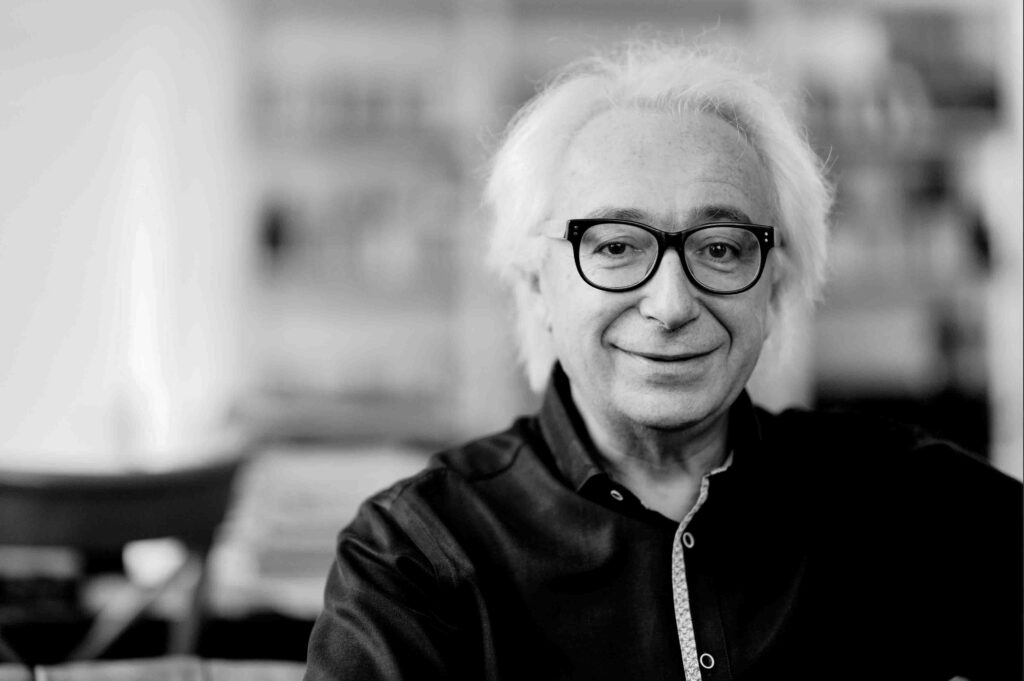
Repertoire and Style
Jean-Nicolas Diatkine conceives his programs as dramaturgy, where each work takes its place like an act in a play. His repertoire spans Beethoven (Appassionata, Sonata op.101), Schubert (Sonata D.960), Schumann (Symphonic Etudes), Chopin (Sonata No.3, 24 Preludes, Four Ballades), Brahms (Handel Variations), as well as Handel, Soler, and Shostakovich. He has also recorded Narcis Bonet’s Five Nocturnes in homage to his mentor.
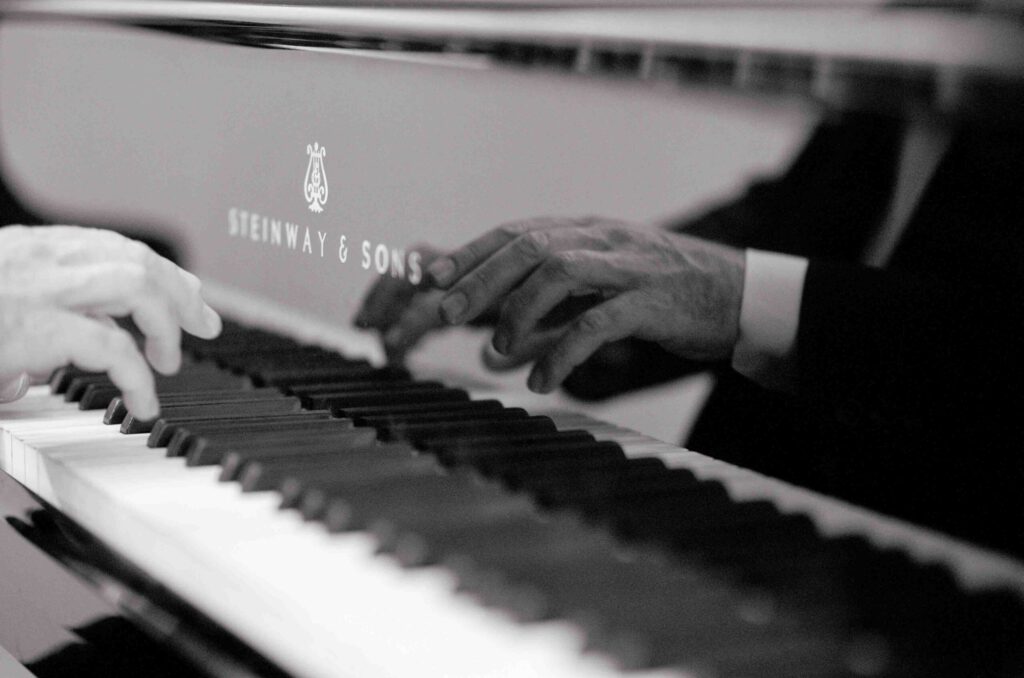
Recognition and Press
His recent recordings with Solo Musica (Beethoven, Liszt, Chopin) have been widely praised in the European press:
“Visionary” Ruch Muzyczny
“Subtle and refined” Pizzicato
“Unprecedented and moving poetry” Classiquenews
An Artistic Quest
Through his recitals and recordings, Jean-Nicolas Diatkine pursues a constant quest: to unite structural rigor with expressive freedom, and to make the piano a voice capable of both revealing and moving.

Explore his recorded works
To explore the full scope of Jean-Nicolas Diatkine’s artistry, listen to his albums. Visit the Discography page to hear his interpretations of Beethoven, Chopin, Liszt and more.